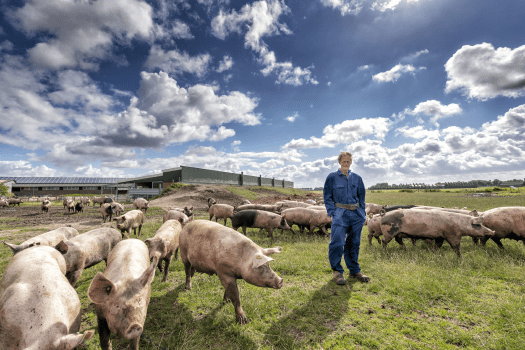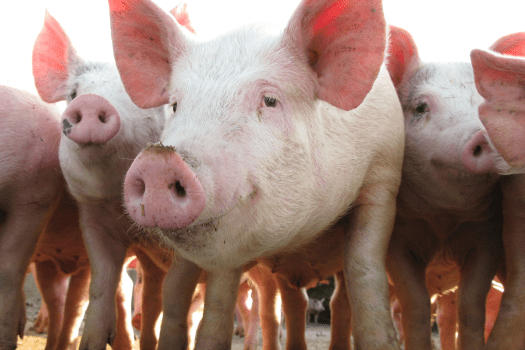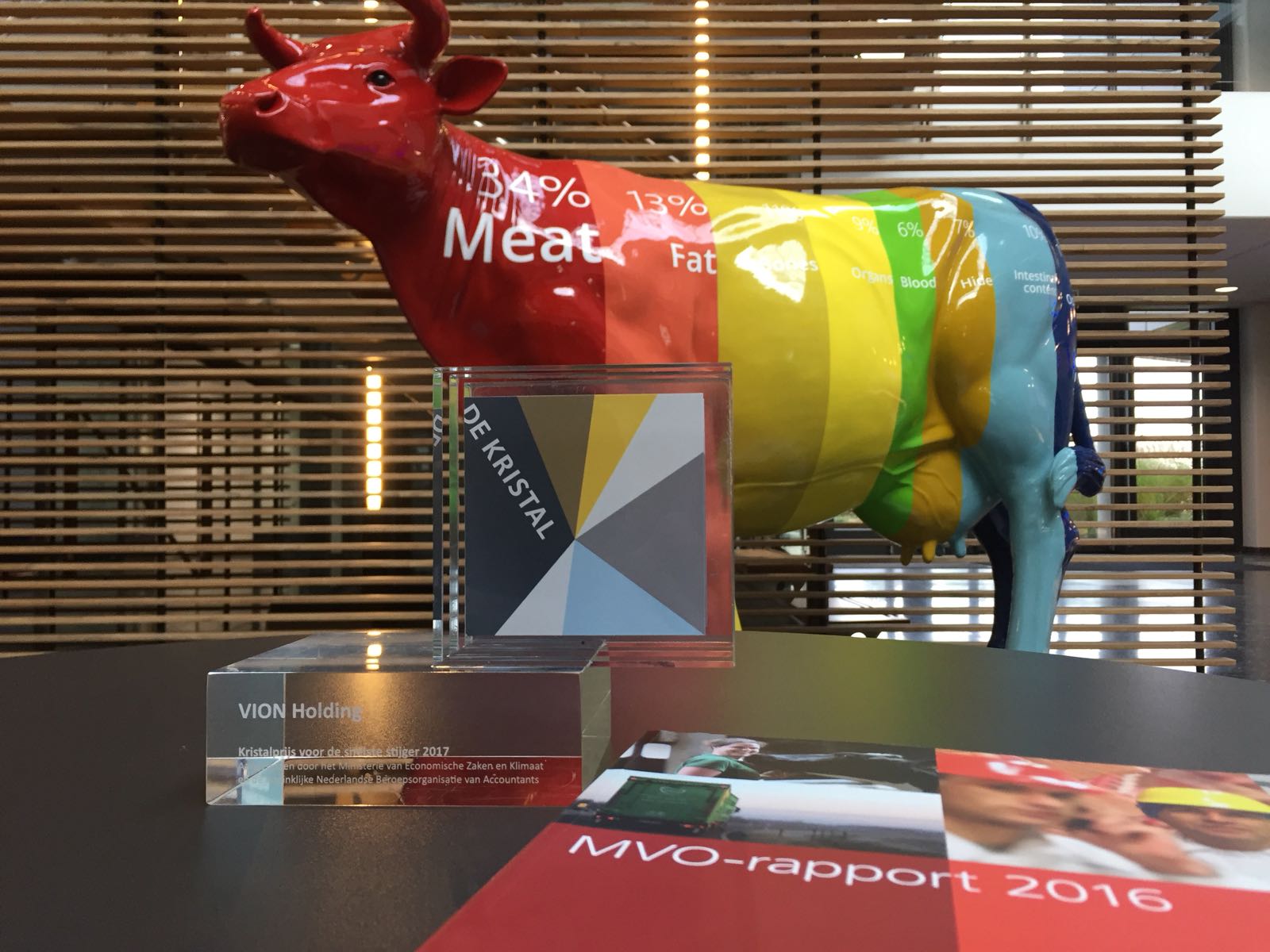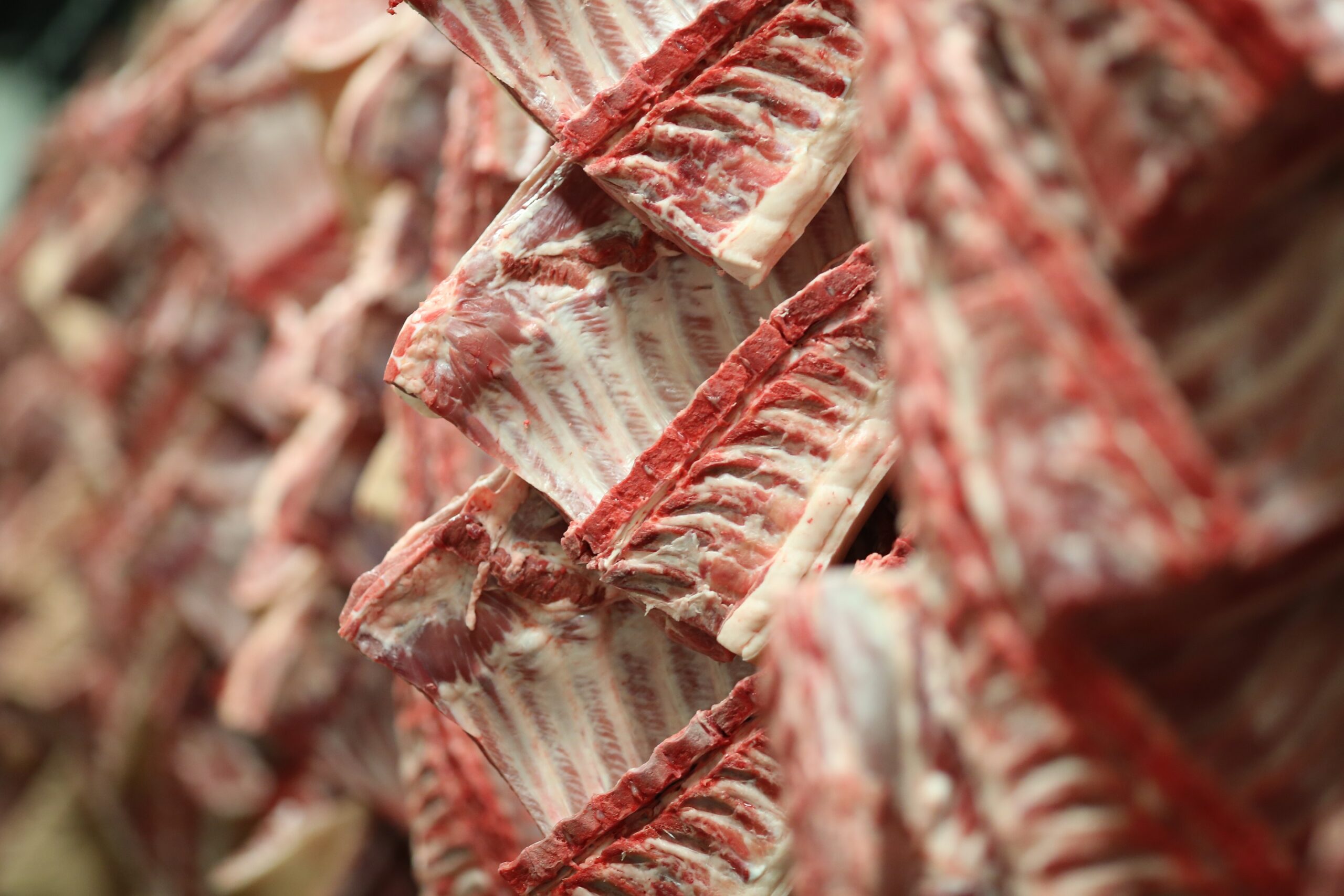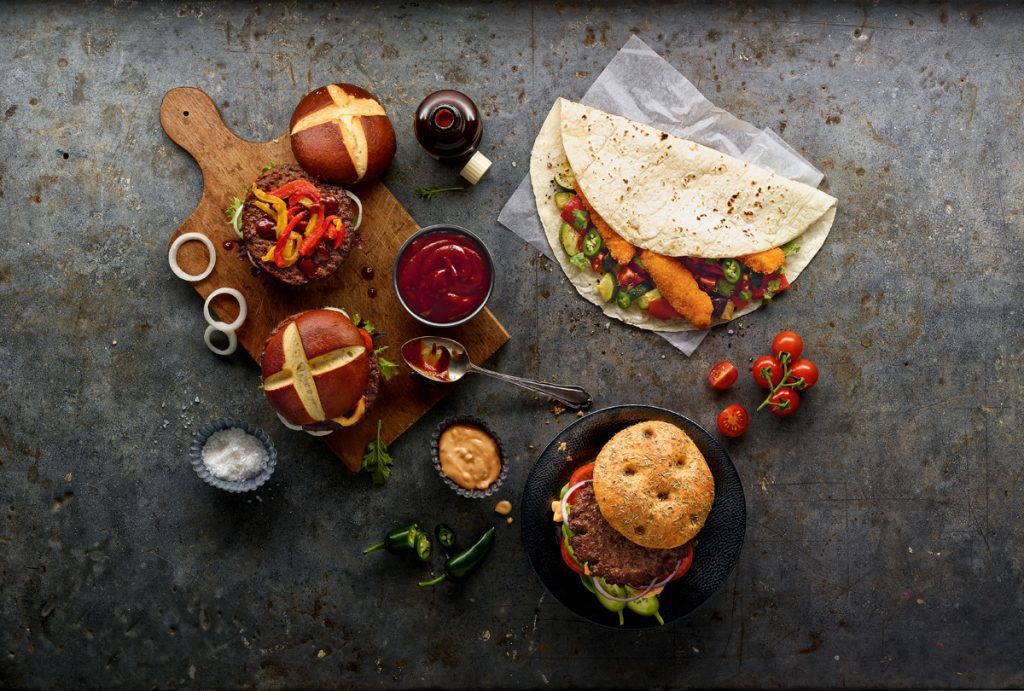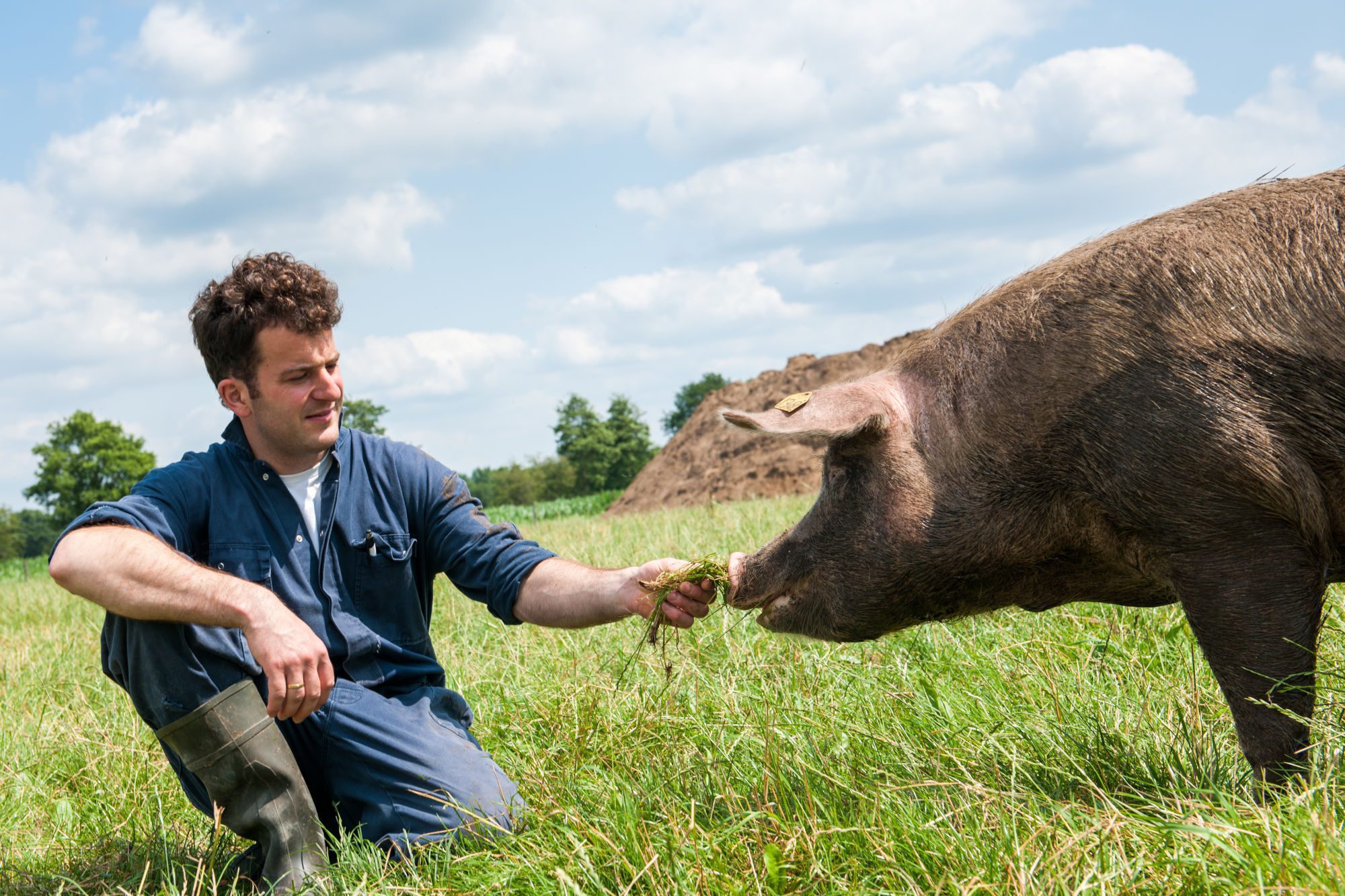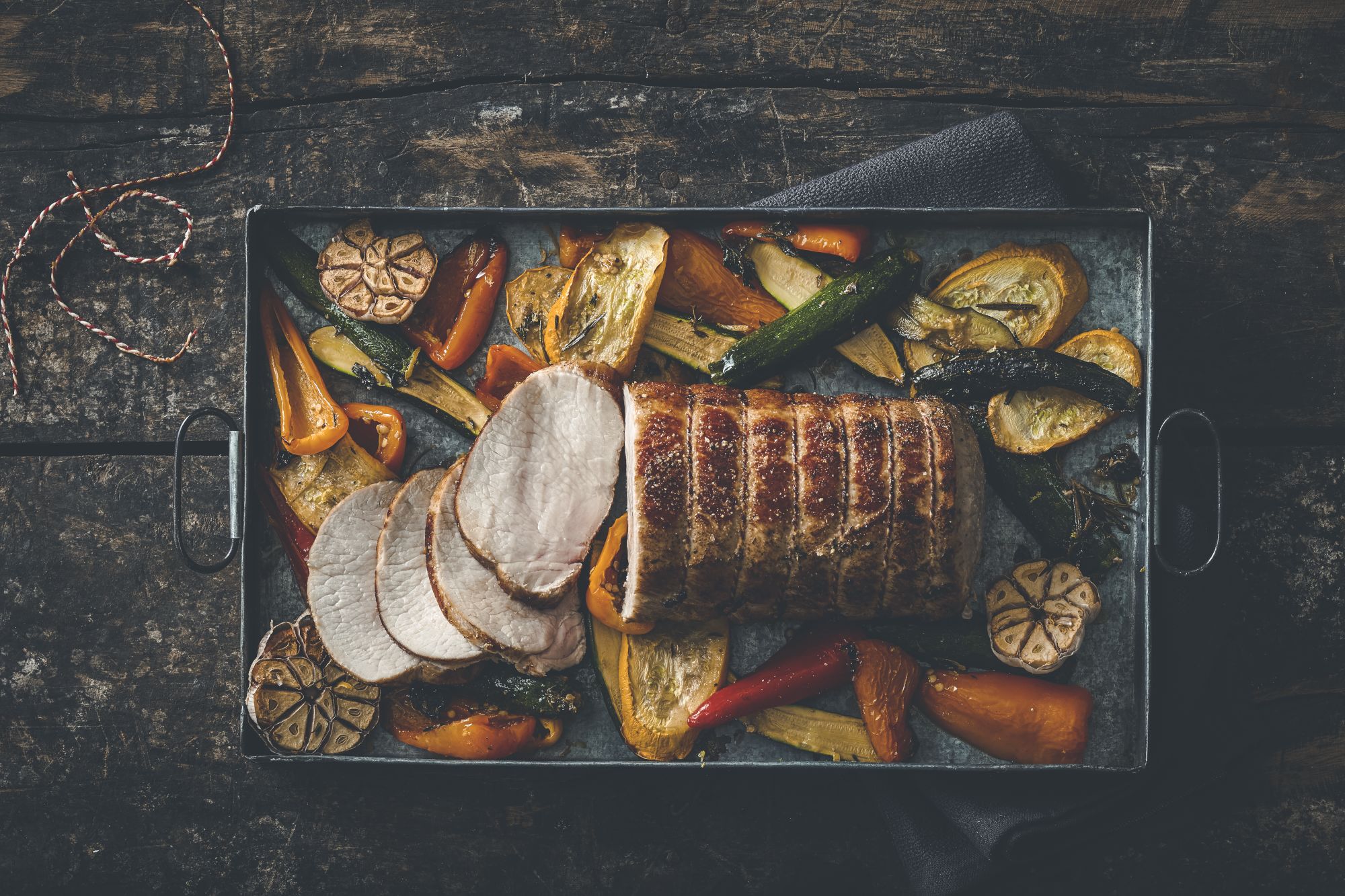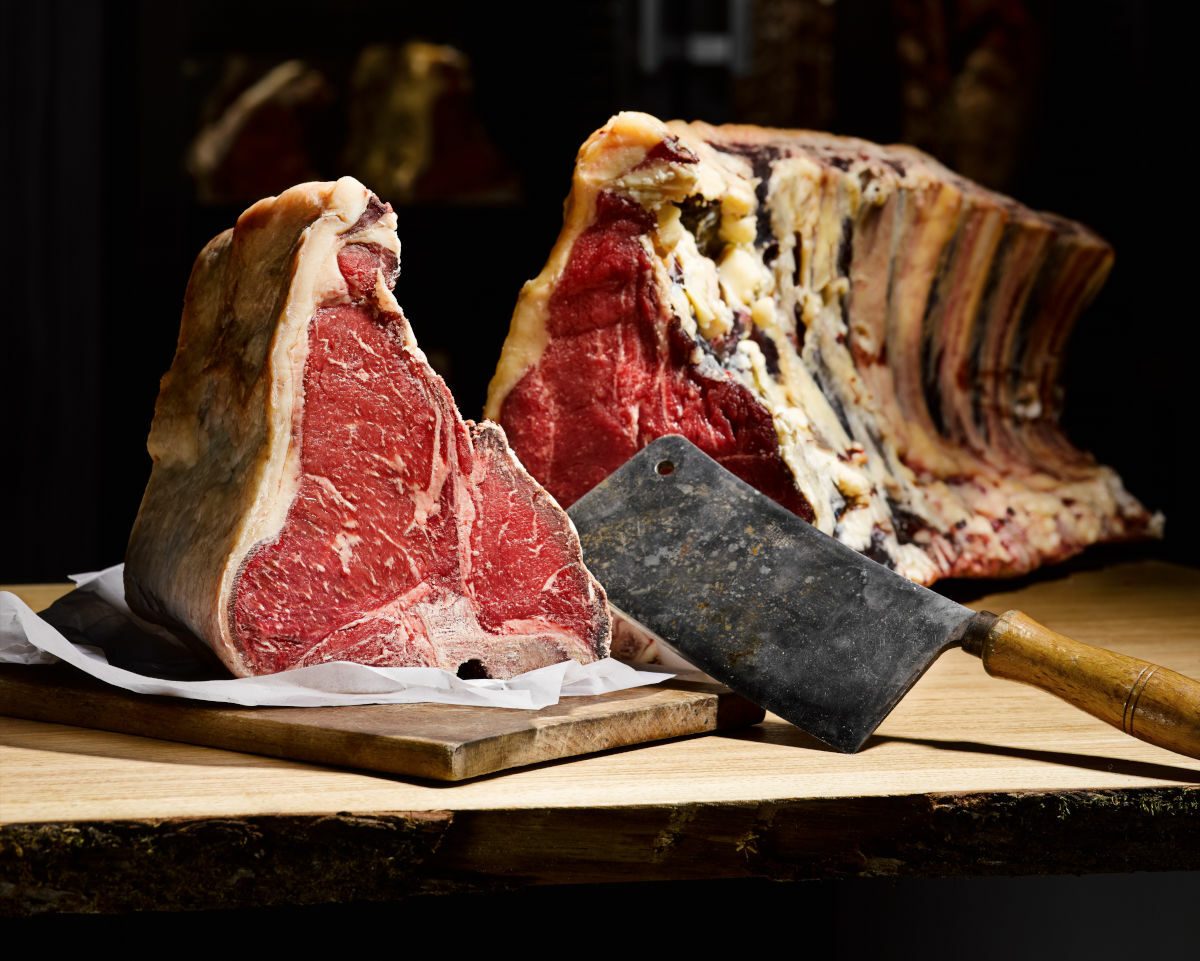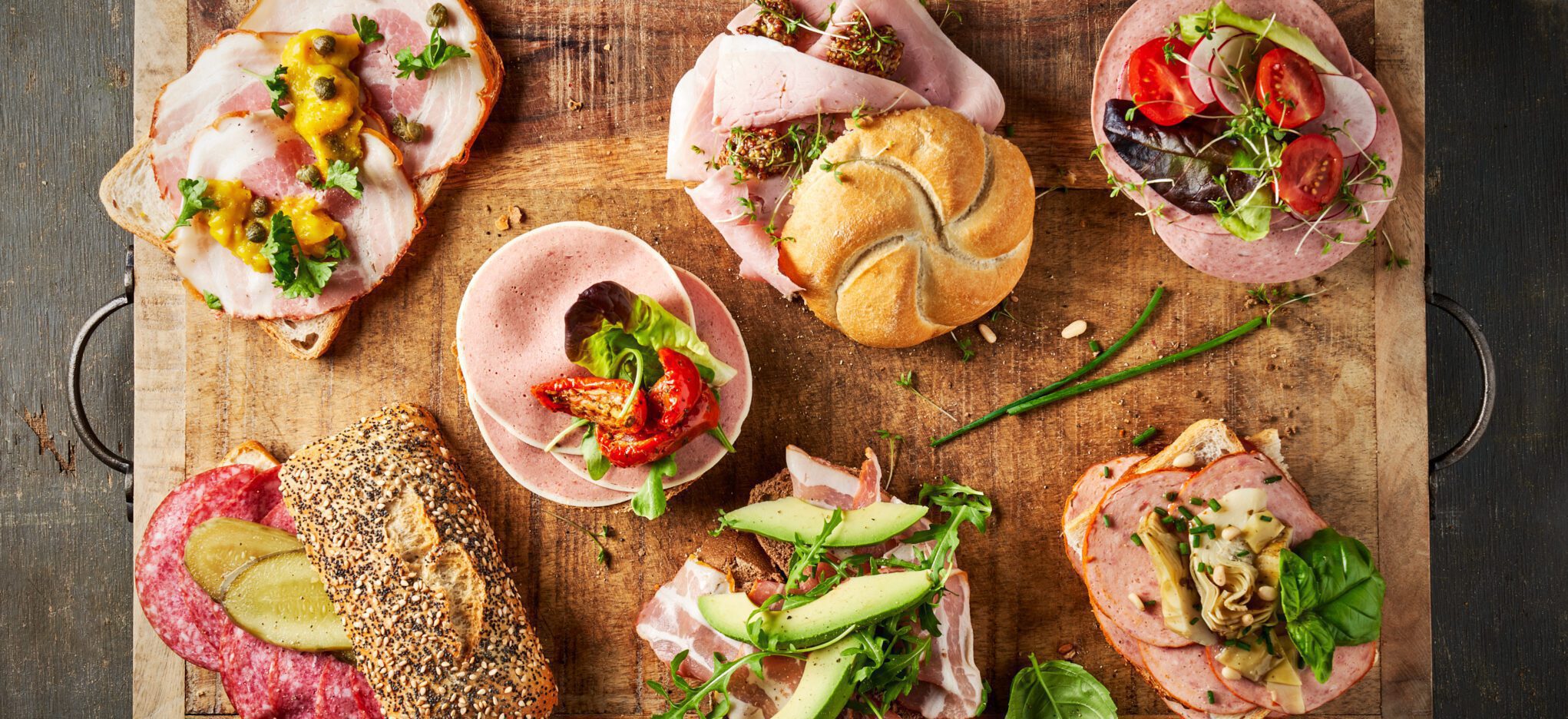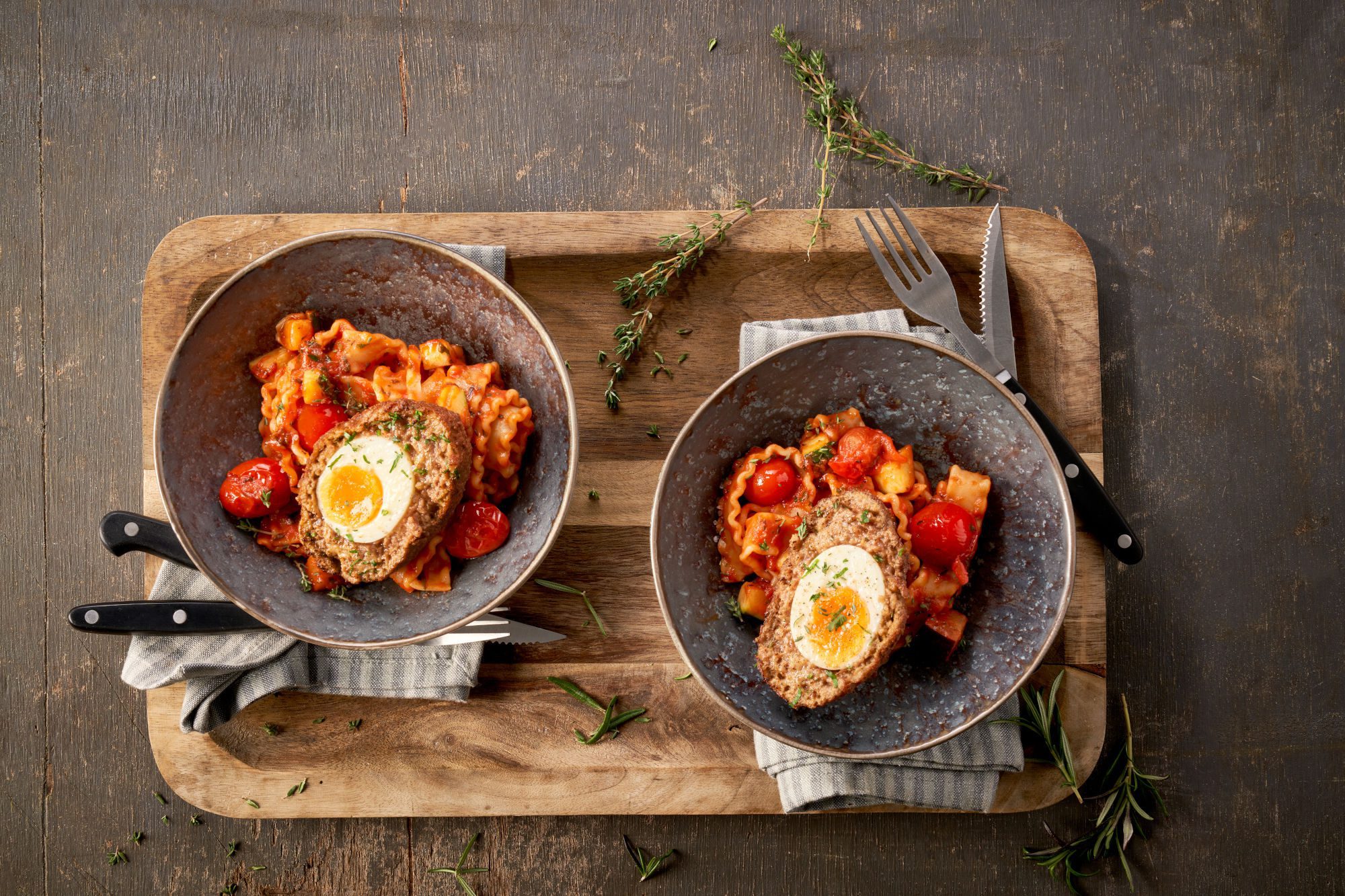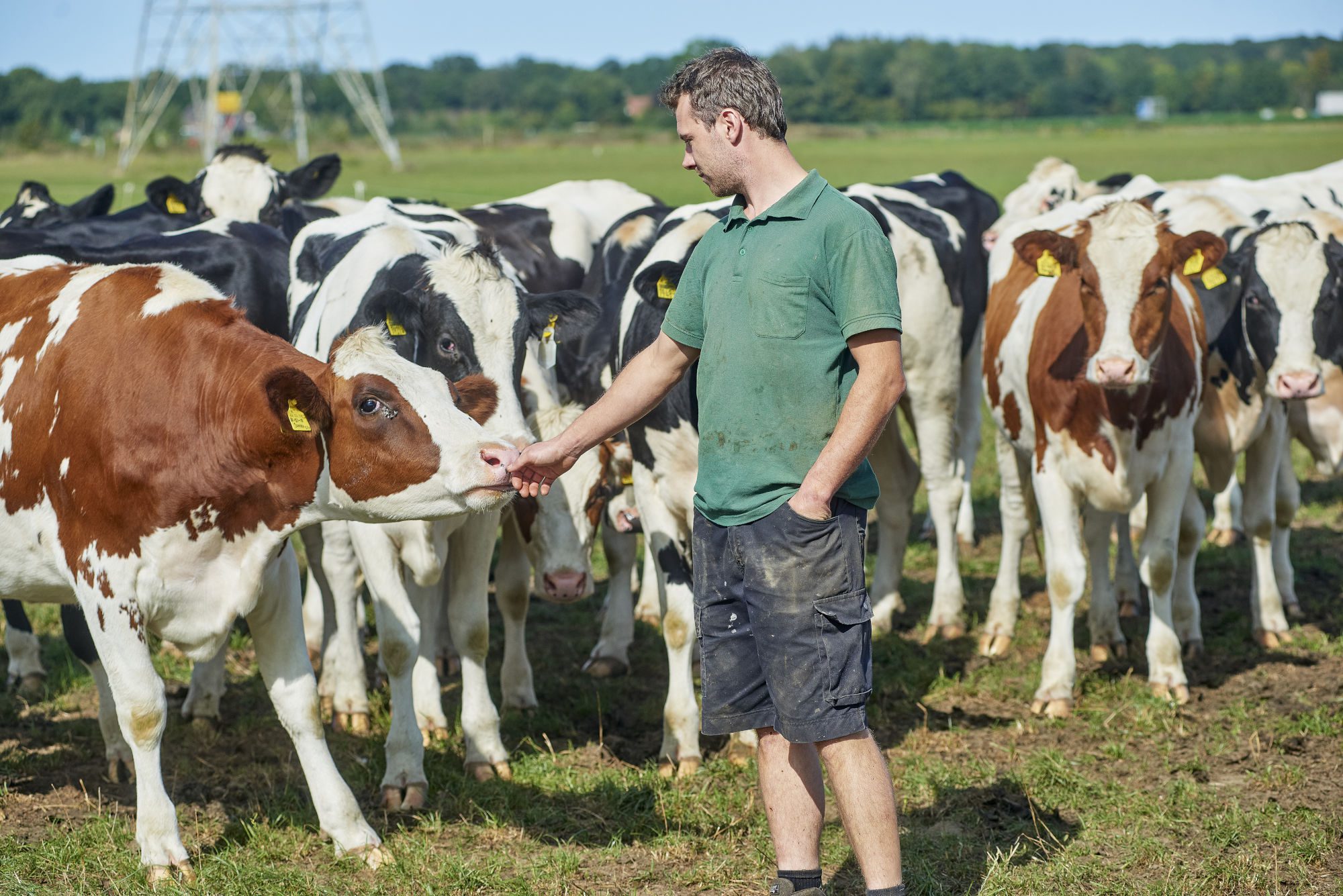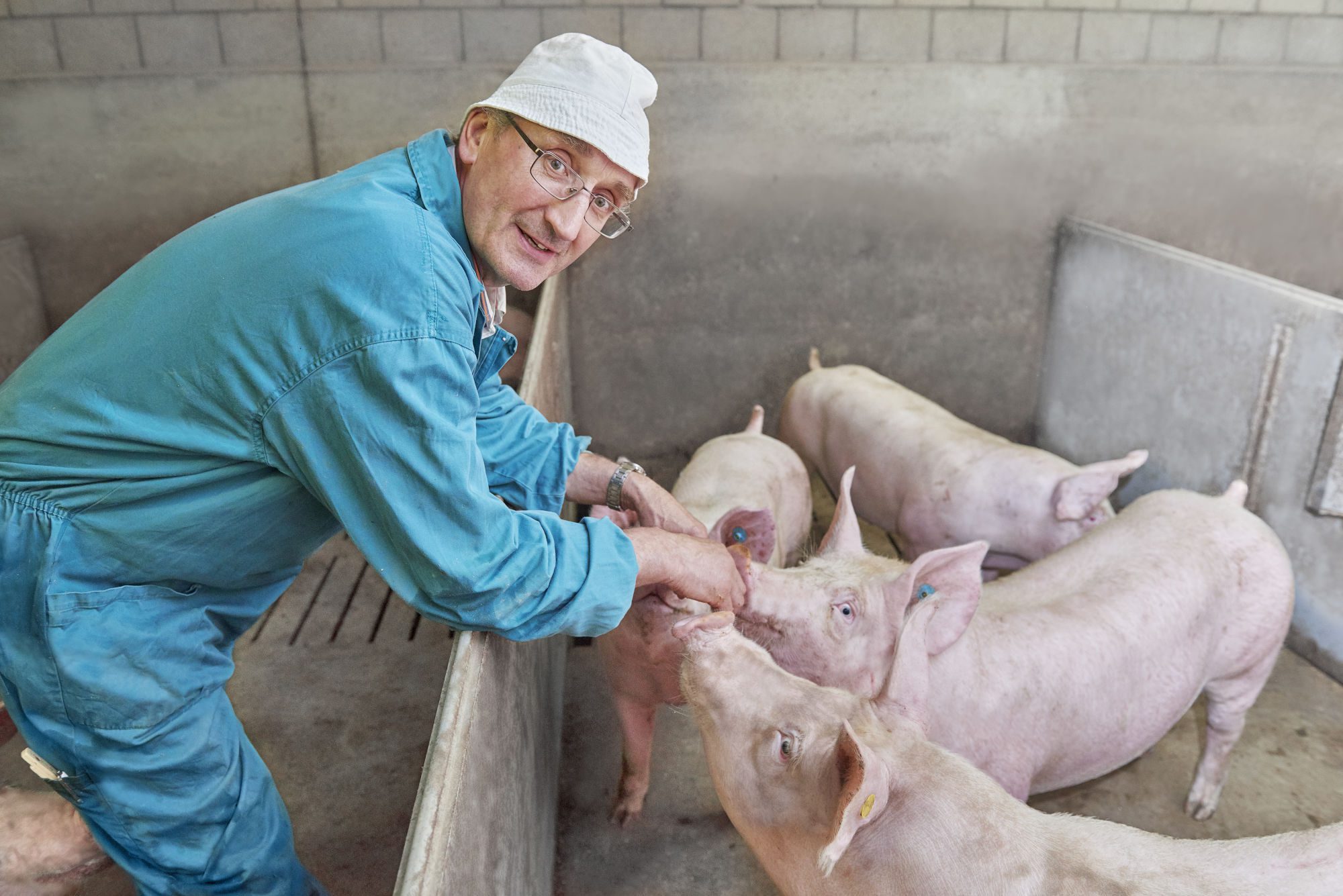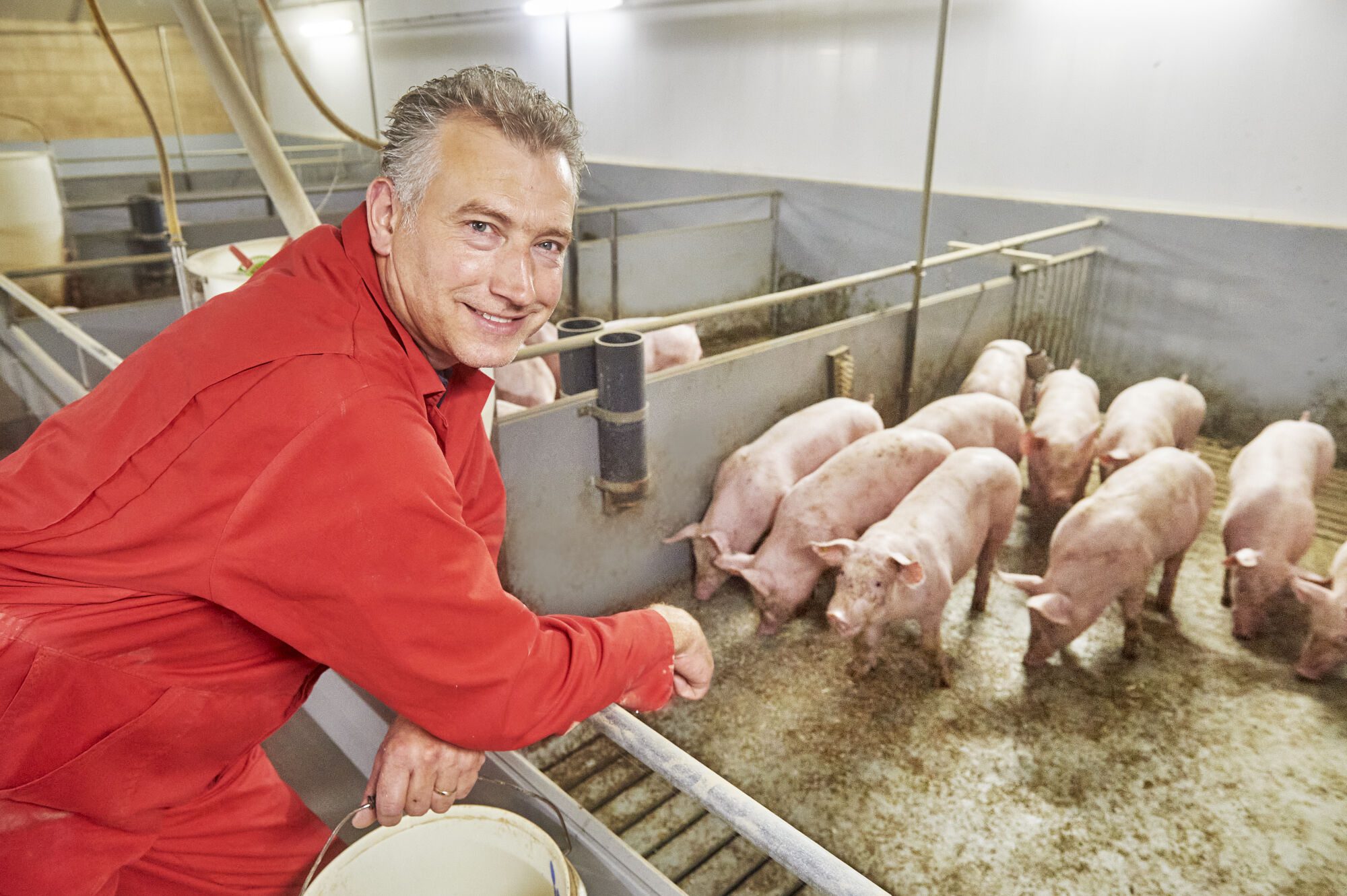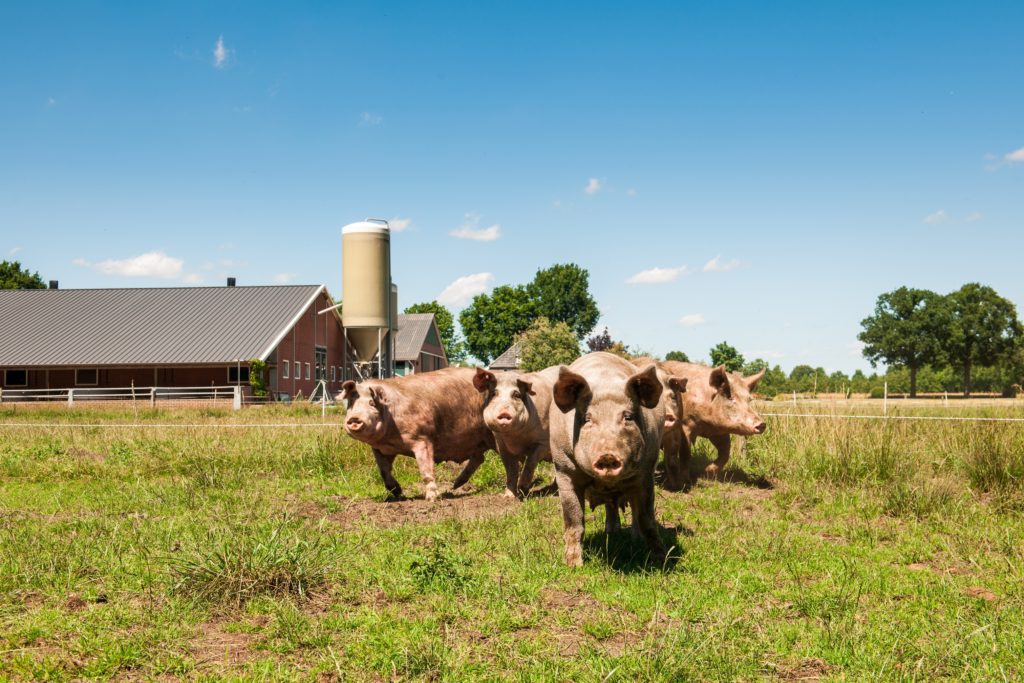The Dutch organic meat producer De Groene Weg wants to build demand-oriented organic supply chains in Germany too. The company will present its plans at the Biofach. The world’s annual leading trade fair for environmentally-friendly consumer products will take place in Nuremberg from 17-19 February online for the first time ever.
“Organic” is booming. Pork, beef and poultry – the market for organic meat products is growing rapidly. The proportion of organic across all meat types in food retail in 2020 jumped by 55.5% to 49,049 tonnes and achieved a market share of 2.9%. In the pork segment alone, the share in Germany in 2020 rose 48.9% to 11,534 tonnes on the previous year. This meant that organic pork achieved a market share of 2% in this country for the first time ever. Large quantities of organic meat is already being imported to Germany from the Netherlands and Denmark to satisfy demand.
One of the largest organic meat producers in Europe is De Groene Weg, an independent subsidiary of Vion Food Group. The company has a market share of 75% in the Netherlands. The company’s 40-year success story is based on four pillars according to the Director Allard Bakker: “Our close cooperation with the best organic farmers in the Netherlands is directed towards a common set of goals – a good life for the animal, a fair price for the farmer, the production of excellent meat and of the best possible quality for the customer.”
This is thanks to the gradual expansion of a demand-oriented supply chain in which today around 110 farmers deliver 2,300 organic pigs on average to the company every week. “The balance between supply and demand – ‘gradual’ is key – is important for everyone involved,” states Bakker. Open-ended contracts secure the pig farmers’ supply obligations towards the company as well as the company’s obligations towards them.
The company now wants to intensify the promotion of its concept among German farmers in order to expand similar supply chains in Germany in the medium-term too. The Dutch experience indicates that converting a traditional pig farm to organic animal farming takes two to three years on average. “And I don’t know any farmer for whom taking the step towards a green way of pork production hasn’t been worth it financially,” explains Allard Bakker. De Groene Weg’s goal is to share its own experience in making the transition to organic production with German farmers too.
Coronavirus has yet again shown the company that the number of organic consumers is growing significantly. De Groene Weg runs its own chain of organic butchers in the Netherlands. In 2020, its butcher shops across the country recorded their proportion of new customers at 15%. “Consumers appreciate,” Bakker says, “how our farmers take a clear stance towards sustainable pig rearing in cooperation with De Groene Weg and recognise that animal welfare is truly close to our hearts and significantly surpasses EU standards.”

